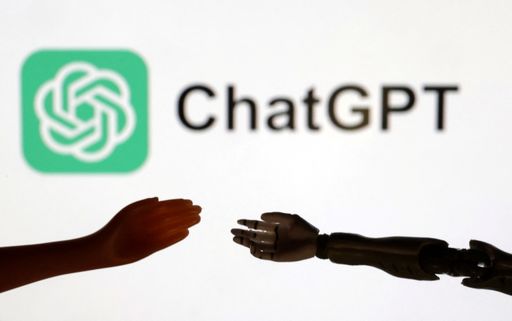AI's Impact on Entry-Level Tech Jobs
A recent study from Stanford University highlights that artificial intelligence (AI) is significantly reducing job opportunities for younger, less-experienced workers in fields like software development and customer support. Since late 2022, employment among workers aged 22 to 25 in these AI-affected roles has dropped by 13 percent, based on data from Automatic Data Processing (ADP), the largest payroll processing firm in the U.S.
This decline underscores the challenges for new graduates entering the tech industry, while older, more seasoned professionals have not experienced a similar drop. In fact, AI is creating more opportunities for experienced workers, deepening workforce disparities.
Employment trends have strengthened for lower-tech jobs, such as nursing aides, but the impact of AI extends beyond tech. There is growing concern that AI will erode entry-level positions across various white-collar sectors, including customer service, law, and consulting, potentially transforming the job market fundamentally.
The Stanford study, coauthored by economist Erik Brynjolfsson and researchers at Stanford’s Digital Economy Lab, adds to research on how AI is reshaping the job market. The release of OpenAI’s ChatGPT in November 2022 sparked excitement and concern, as users began using chatbots for tasks from software development to mental health support.
Since then, companies have rolled out more advanced AI models to meet demand. The findings align with broader reports on the shrinking entry-level job market. A report from SignalFire, which tracks job movements on LinkedIn, highlighted that top tech companies reduced hiring of new graduates by 25 percent in 2024 compared to 2023.
This trend suggests a shift towards hiring more experienced professionals, sidelining fresh graduates. The World Economic Forum's Future of Jobs Report 2025 indicated that 40% of employers expect to reduce their workforce where AI can automate tasks. The Atlantic reported stagnating computer science enrollments, with only a 0.2 percent increase in 2024, and warned that generative AI tools are replacing junior coders, threatening half of all entry-level tech positions in the coming years.
As AI becomes more capable of handling routine coding and support tasks, it's changing not only how work is done but who gets to do it.







Comments
Join Our Community
Sign up to share your thoughts, engage with others, and become part of our growing community.
No comments yet
Be the first to share your thoughts and start the conversation!